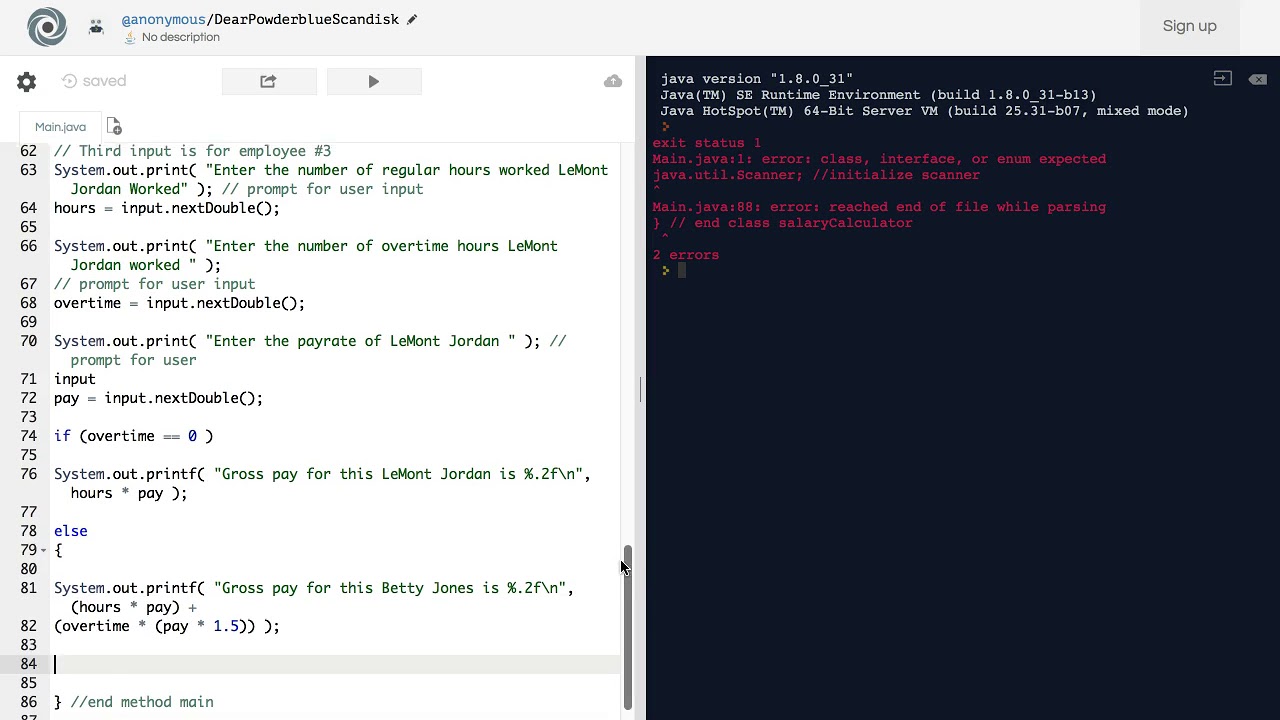

This is commonly referred to as an if else statement, or if then else statement. In many cases, you might want to do two different things based on whether a condition is true or not.
#Java reflection to avoid if statements code
For code blocks that contain only a single line of code you can omit the curly braces – whether you should is a different discussion. It is common practice to indent your if statement as it provides a visual hint for readers. That code is only executed if the condition evaluated to true. Boolean object wrappers are also valid.Īfter the parenthesis you can see a pair of curly braces defining a block of code, often called the if block or if branch. It can be a variable of type boolean, equality, relational, or conditional expressions (like num = 5), or even a method call that returns a boolean. A condition is a boolean expression – something that evaluates to either true or false. Between the parenthesis, you need to provide a condition. The if statement starts with the keyword if followed by a pair of parenthesis. What comes after that is the if statement. ("This message gets printed because num is 5.") Ī variable num is declared and set to 5.

Here you can see the anatomy of an if statement: int num = 5 Essentially, an if statement tells a program to execute the following block of code only if the accompanying condition is true.

Once you understand the if statement, the others will come easily. The if statement or if then statement is the most fundamental control flow statement.


 0 kommentar(er)
0 kommentar(er)
